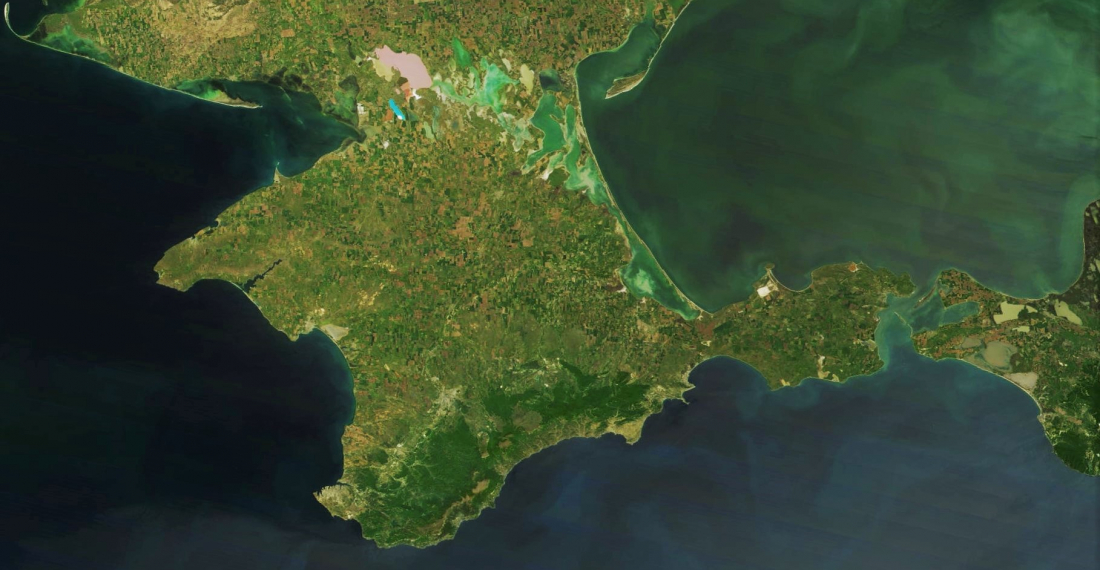The European Union renewed the economic sanctions imposed on Crimea since Russia annexed it in 2014. These sanctions will be in place for at least another year. Products from the peninsula are not allowed to enter the EU and European companies are not allowed to build, invest or organise holidays in Crimea.
'The Council today decided to renew sanctions introduced in response to the illegal annexation of Crimea and Sevastopol by the Russian Federation for a further year until 23 June 2022. The restrictive measures currently in place include target EU imports of products originating in Crimea or Sevastopol, and infrastructural or financial investments and tourism services in Crimea or Sevastopol. Exports of certain goods and technologies to Crimean companies or for use in Crimea in the transport, telecommunications and energy sectors or for the prospection, exploration and production of oil, gas and mineral resources are also subject to EU restrictions,” reads the statement by the Council of the EU published on Monday (21 June).
However, last month French President Emmanuel Macron has said that the EU needs a new strategy on Russia because sanctions alone "have not changed Russia behaviour".
"With Russia, the policy of progressive sanctions on frozen situations is no longer an effective policy," Macron told press after an EU Summit in Brussels on Tuesday (26 May).
Sanctions were first introduced in June 2014 in response to the attempts to deliberately undermine Ukraine’s territorial integrity and destabilise the country. Other EU measures in place in response to the crisis in Ukraine include economic sanctions targeting specific sectors of the Russian economy and individual restrictive measures.






